Home>Articles>How To Store Fruits And Vegetables In Mason Jars
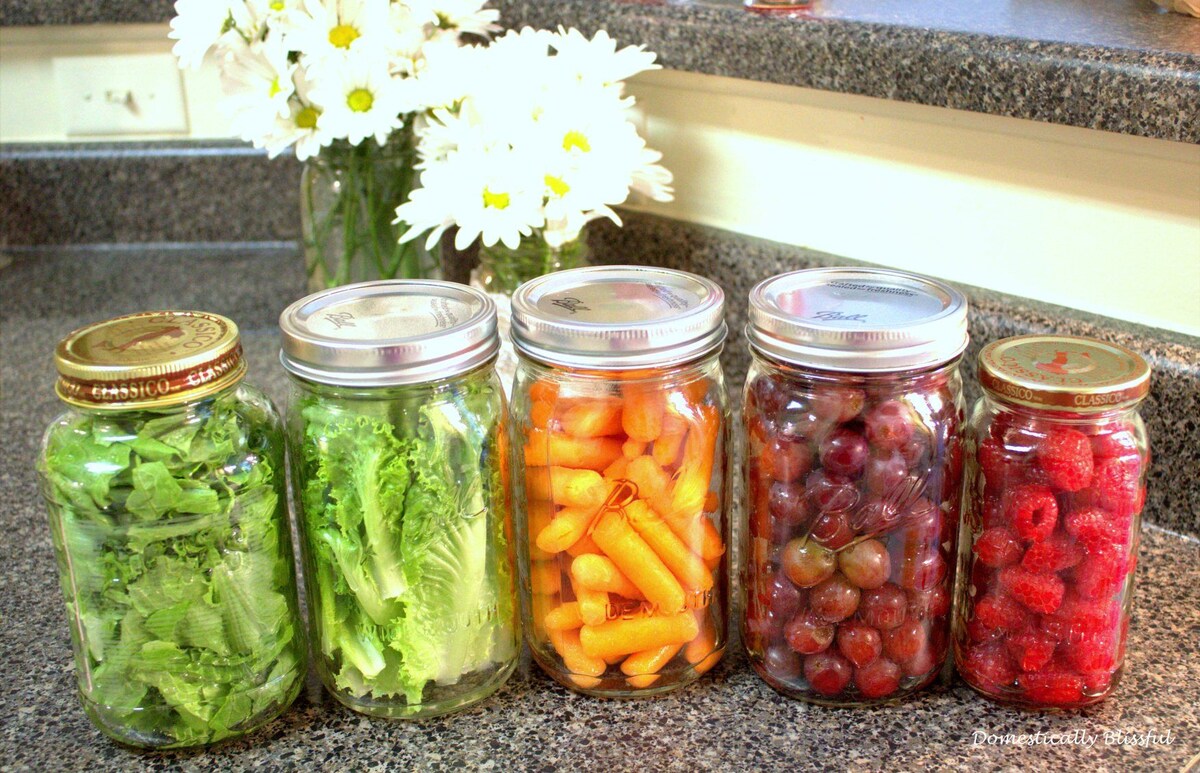

Articles
How To Store Fruits And Vegetables In Mason Jars
Modified: August 20, 2024
Learn how to store your favorite fruits and vegetables in mason jars with these helpful articles. Keep your produce fresh and ready to enjoy for longer!
(Many of the links in this article redirect to a specific reviewed product. Your purchase of these products through affiliate links helps to generate commission for Storables.com, at no extra cost. Learn more)
Introduction
Storing fruits and vegetables in mason jars is not only a practical way to extend their shelf life, but it also adds a touch of rustic charm to your kitchen. Mason jars have been used for food preservation for decades, and their airtight seal and durability make them an excellent choice for storing fresh produce.
In addition to their practicality, there are several benefits to storing fruits and vegetables in mason jars. Firstly, it helps to reduce food waste by keeping your produce fresh for longer periods. Secondly, mason jars are reusable and eco-friendly, promoting sustainable living. Lastly, visually appealing mason jars make it easy to see what you have stored, making meal planning and grocery shopping more convenient.
Whether you have a bountiful harvest from your garden or want to preserve store-bought fruits and vegetables, storing them in mason jars is a simple and efficient method. In this article, we will explore the steps involved in storing fruits and vegetables in mason jars, as well as provide some helpful tips for successful preservation.
Key Takeaways:
- Mason jars offer extended shelf life, preserve nutritional value, and enhance kitchen aesthetics. Proper preparation and storage ensure fresh, eco-friendly produce for delicious meals and snacks.
- Choosing the right mason jars, preparing produce properly, and following storage tips lead to successful preservation. Enjoy endless culinary possibilities with stored fruits and vegetables while promoting sustainable living.
Read more: How To Store Fruit In Mason Jars
Benefits of Storing Fruits and Vegetables in Mason Jars
There are several advantages to using mason jars for storing fruits and vegetables. Here are the key benefits:
- Extended Shelf Life: Mason jars provide an airtight seal, keeping air and moisture out. This helps to slow down the spoilage process and extends the shelf life of your produce. You can enjoy fresh fruits and vegetables for a longer period, reducing food waste.
- Preservation of Nutritional Value: Proper storage in mason jars can help preserve the nutritional content of fruits and vegetables. By minimizing exposure to oxygen and light, which can degrade vitamins and minerals, you can retain the maximum nutrients in your produce.
- Eco-Friendly Storage: Mason jars are reusable and eliminate the need for disposable plastic bags or containers. By opting for mason jars, you contribute to reducing plastic waste and promoting sustainable living.
- Convenient Meal Planning: Storing your fruits and vegetables in mason jars allows for easy visibility of your inventory. This makes meal planning and grocery shopping more convenient, as you can quickly assess what produce you have on hand.
- Enhanced Kitchen Aesthetics: Mason jars add a charming and rustic touch to your kitchen decor. Their clear glass design showcases the vibrant colors of your fruits and vegetables, creating an aesthetically pleasing display.
- Versatile Storage Option: Mason jars come in various sizes, making them suitable for storing different quantities of produce. They can be used for anything from storing small berry harvests to larger vegetable batches.
By taking advantage of these benefits, you can not only preserve the freshness of your fruits and vegetables but also contribute to sustainable living and enhance the visual appeal of your kitchen.
Choosing the Right Mason Jars for Storage
When it comes to choosing mason jars for storing fruits and vegetables, there are a few factors to consider. Here are some key points to keep in mind:
- Jar Size: Select mason jars that suit the quantity of produce you intend to store. Smaller jars, such as half-pint or pint sizes, are ideal for storing smaller fruits like berries or individual servings of chopped vegetables. Quart-sized jars are better suited for larger fruits or bulk quantities of vegetables.
- Glass Quality: Look for mason jars made of high-quality glass. They should be thick and sturdy to withstand the pressure of canning and extended storage. Avoid jars with any visible cracks or imperfections, as these can compromise the integrity of the seal.
- Airtight Seal: Check that the mason jars have intact and functional lids with a rubber seal. This ensures an airtight and leak-proof closure, preserving the freshness of the produce inside. The screw-on metal bands should be in good condition and securely fasten the lids to the jars.
- Wide Mouth vs. Regular Mouth: Consider the type of produce you will be storing when choosing between wide mouth and regular mouth mason jars. Wide mouth jars are more convenient for larger fruits and vegetables, as well as for easy access and cleaning. Regular mouth jars work well for smaller produce and liquids.
- Freezer-Safe Jars: If you plan to store your fruits and vegetables in the freezer, ensure that the mason jars are freezer-safe. Not all jars are designed to withstand freezing temperatures, so look for jars specifically labeled for freezer use.
By taking these factors into account, you can choose the right mason jars that best suit your storage needs. Remember, investing in high-quality jars will ensure the longevity and effectiveness of your preserved fruits and vegetables.
Preparing Fruits and Vegetables for Storage
Properly preparing your fruits and vegetables before storing them in mason jars is essential for maintaining their freshness and quality. Here are the steps to follow:
- Wash Thoroughly: Start by washing your produce under cool running water to remove any dirt, pesticides, or bacteria. Use a gentle vegetable brush for firmer fruits and vegetables to ensure a thorough clean.
- Remove Bruised or Damaged Areas: Inspect your fruits and vegetables for any bruised or damaged spots. These areas can lead to faster spoilage and may affect the quality of surrounding produce. Trim off any damaged portions before storing.
- Cut or Chop if Needed: Depending on the type of produce and your storage preferences, you may need to cut, slice, or chop them into the desired size. This step is particularly useful for fruits like melons or vegetables like carrots that may take up too much space in the jars in their whole form.
- Blanching (Optional): In some cases, blanching certain vegetables before storage can help preserve their color, texture, and nutritional value. Blanching involves briefly immersing the vegetables in boiling water, followed by an immediate plunge into ice water to halt the cooking process.
- Allow to Dry: After preparing your fruits and vegetables, ensure they are completely dry before placing them in the mason jars. Excess moisture can lead to the growth of mold or bacteria, causing spoilage.
It’s important to note that not all fruits and vegetables are suitable for long-term storage in mason jars. Some produce, like berries or leafy greens, are best consumed within a few days of purchase. On the other hand, heartier fruits and vegetables like apples, carrots, or potatoes can be stored for longer periods.
By following these preparation steps, you can ensure that your fruits and vegetables are ready for storage in mason jars, enabling them to stay fresh and delicious for an extended period.
When storing fruits and vegetables in mason jars, make sure to clean and dry the produce thoroughly before placing them in the jars. This will help prevent mold and spoilage.
Storing Fruits and Vegetables in Mason Jars
Once your fruits and vegetables are prepared, it’s time to store them in the mason jars. Follow these steps for effective storage:
- Fill the Jars: Begin by packing your prepared fruits and vegetables into the mason jars, leaving some headspace at the top. It’s important not to overfill the jars to allow for proper sealing and expansion during the storage process.
- Add Liquid (Optional): Some fruits and vegetables benefit from being stored in liquid to maintain their texture. Consider adding water, juice, or a light syrup made from a sugar-water mixture to the jars. This is particularly helpful for preserving fruits that may oxidize or turn brown.
- Remove Air Bubbles: Gently tap the filled jars on a flat surface to dislodge any trapped air bubbles. This step ensures that the produce is evenly distributed and prevents any potential spoilage caused by air pockets.
- Wipe the Jar Rims: Before sealing the jars, clean the rims with a clean, damp cloth to remove any residue or food particles. This ensures a proper seal and prevents contamination.
- Secure the Lids: Place the lids on the jars and firmly screw on the metal bands. Ensure that the lids are snug but not overly tightened. This allows for sufficient air circulation while still providing an airtight seal.
- Label and Date: It’s helpful to label each mason jar with the contents and date of storage. This way, you can easily identify what is stored and keep track of the freshness of your preserved fruits and vegetables.
Once the jars are securely closed and labeled, store them in a cool, dark place away from direct sunlight. A pantry or cellar with stable temperatures is ideal for long-term storage. Avoid storing the jars near heat sources or in areas prone to temperature fluctuations, as this can affect the quality and shelf life of the produce.
Remember to periodically check the jars for any signs of spoilage, such as mold, off smells, or changes in texture or color. If you encounter any spoiled jars, discard them immediately to prevent contamination of other stored produce.
By following these steps, you can store your fruits and vegetables in mason jars effectively, ensuring their freshness and extending their shelf life.
Read more: How To Store Fresh Fruit In Mason Jars
Tips for Successful Storage
To ensure successful storage of your fruits and vegetables in mason jars, consider the following tips:
- Choose Fresh and Ripe Produce: Opt for fresh and ripe fruits and vegetables for the best results. Produce that is overly ripe or bruised may not store well and can accelerate the spoilage of surrounding produce.
- Avoid Overcrowding: Do not pack the jars too tightly, as this can crush the produce and prevent proper air circulation. Leave some headspace in each jar to allow for expansion during storage.
- Rotate Your Stock: Practice a first-in, first-out approach when using your preserved fruits and vegetables. Label each jar with the date of storage and consume the oldest jars first to avoid any waste.
- Store Similar Items Together: Group fruits and vegetables that have similar storage requirements together. Some produce requires cool temperatures, like root vegetables, while others, like tomatoes, should be stored at room temperature. Keeping them separate helps to maintain their optimal freshness.
- Regularly Check and Tighten Lids: Periodically check the jars to ensure that the lids are securely tightened. Over time, the lids can loosen, compromising the seal. Tighten them as needed to maintain the freshness of the stored produce.
- Consider Freezing: Certain fruits and vegetables can be safely frozen in mason jars. Be sure to use freezer-safe jars and leave enough headspace to account for expansion. For added protection, place a layer of plastic wrap or a freezer bag between the produce and the lid to prevent freezer burn.
- Experiment with Preservation Methods: While mason jars are a popular choice for preserving fruits and vegetables, you can also explore other methods like pickling, fermenting, or canning for different types of produce. Each method offers unique flavors and textures, providing a variety of options for storing your harvest.
By following these tips, you can maximize the success of your storage efforts and enjoy the freshest, preserved fruits and vegetables year-round.
Using Stored Fruits and Vegetables
Having a stash of stored fruits and vegetables in mason jars provides endless possibilities for delicious meals and snacks. Here are some ideas on how to use your preserved produce:
- Cooking and Baking: Add your preserved fruits to pies, tarts, jams, or sauces. Use your stored vegetables for soups, stews, stir-fries, or roasted dishes. The concentrated flavors of preserved produce can add a burst of freshness and elevate your culinary creations.
- Smoothies and Juices: Blend your stored fruits into smoothies or juices for a quick and nutritious beverage. Mix and match different fruits for a variety of flavors, or combine them with yogurt or milk for added creaminess.
- Sides and Salads: Toss your preserved vegetables into salads for added crunch and flavor. Alternatively, use them as sides for your main dishes, whether it’s pickled beets, roasted peppers, or marinated artichoke hearts.
- Toppings and Toppings and Toppings: Use preserved fruits as toppings for yogurt, oatmeal, or ice cream. They also make great additions to pancakes, waffles, or even as fillings for pastries or cakes.
- Salsa and Chutney: Get creative with your preserved produce by turning them into salsas or chutneys. Use a combination of fruits and vegetables to create zesty and flavorful condiments that pair well with various dishes.
- Gifts and Homemade Goodies: Share the bounty of your preserved fruits and vegetables by giving them as gifts. Create personalized gift baskets or jars filled with different types of preserved produce. Homemade goodies are always appreciated and can be enjoyed throughout the year.
Remember to enjoy and experiment with your preserved fruits and vegetables in various recipes. The options are endless, and you can savor the flavors of your harvest long after the growing season has ended.
Lastly, keep in mind that while properly stored fruits and vegetables in mason jars can last for months, it’s essential to use your own judgment when consuming them. If you notice any signs of spoilage, such as off odors, strange colors, or unusual textures, it’s best to discard the jar and prioritize your health and safety.
Disclaimer: The information provided in this article is for informational purposes only and should not be considered as professional medical or nutritional advice. Consult with a healthcare or nutrition professional for specific dietary recommendations.
Conclusion
Storing fruits and vegetables in mason jars is a practical and visually appealing way to extend their shelf life while reducing food waste. The benefits of using mason jars for storage are numerous, from preserving the nutritional value of the produce to promoting eco-friendly and sustainable living.
By choosing the right mason jars, preparing the fruits and vegetables properly, and following the steps for storage, you can ensure that your produce stays fresh and delicious for an extended period. The tips provided in this article will help you maximize the success of your storage efforts and make the most out of your preserved fruits and vegetables.
From cooking and baking to smoothies and salads, there are countless ways to enjoy the preserved fruits and vegetables. Get creative in the kitchen and explore the different flavors and textures your preserved produce has to offer.
Remember to label your jars, rotate your stock, and regularly check for any signs of spoilage. Safety should be a priority, so if you have any doubts about the freshness or quality of the stored produce, it’s best to discard the jar.
By incorporating the practice of storing fruits and vegetables in mason jars into your routine, you not only prolong the life of your produce but also add a touch of charm to your kitchen. So, get started with mason jar storage today and enjoy the benefits of fresh, preserved fruits and vegetables whenever you need them.
Disclaimer: The information provided in this article is for informational purposes only and should not be considered as professional medical or nutritional advice. Consult with a healthcare or nutrition professional for specific dietary recommendations.
Frequently Asked Questions about How To Store Fruits And Vegetables In Mason Jars
Was this page helpful?
At Storables.com, we guarantee accurate and reliable information. Our content, validated by Expert Board Contributors, is crafted following stringent Editorial Policies. We're committed to providing you with well-researched, expert-backed insights for all your informational needs.
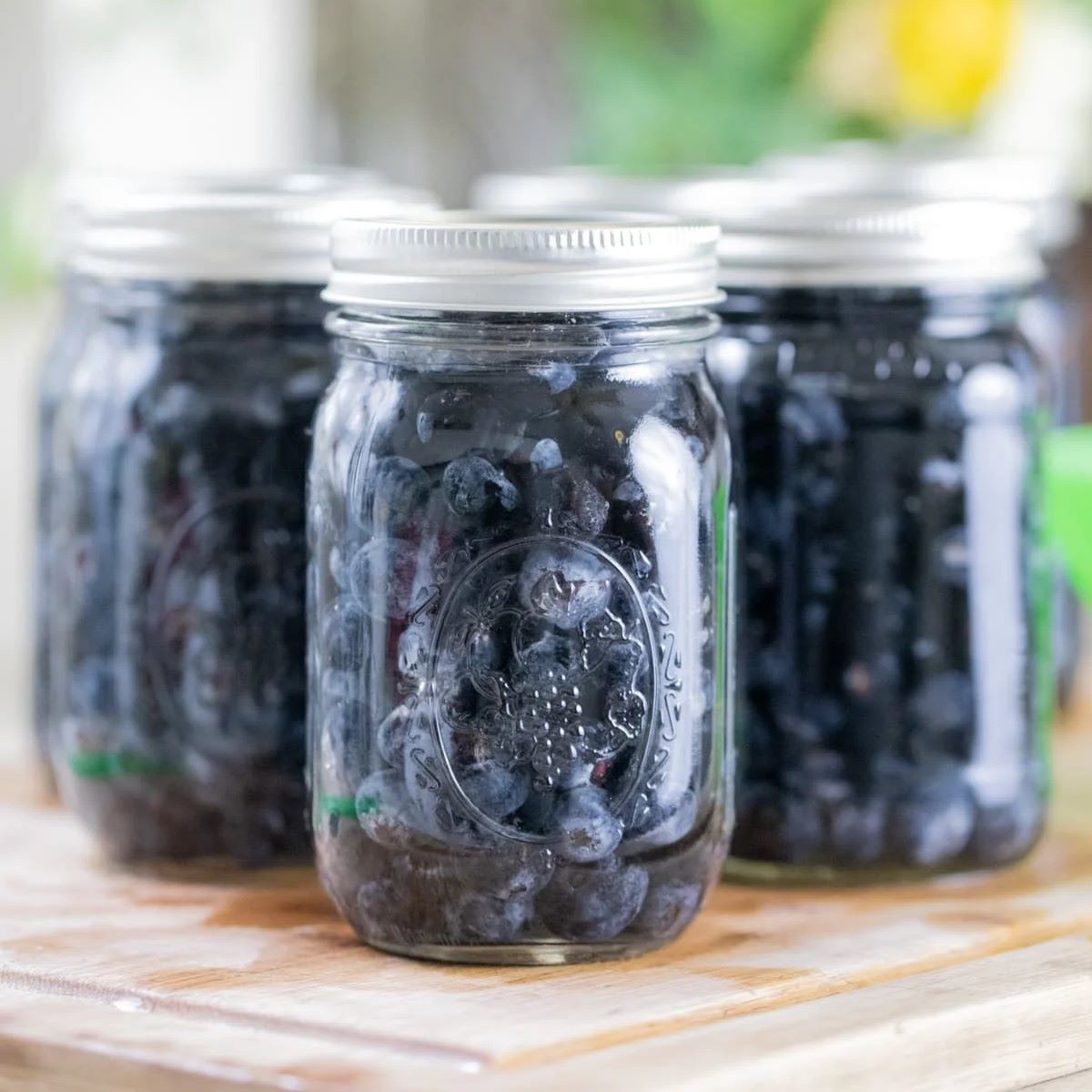
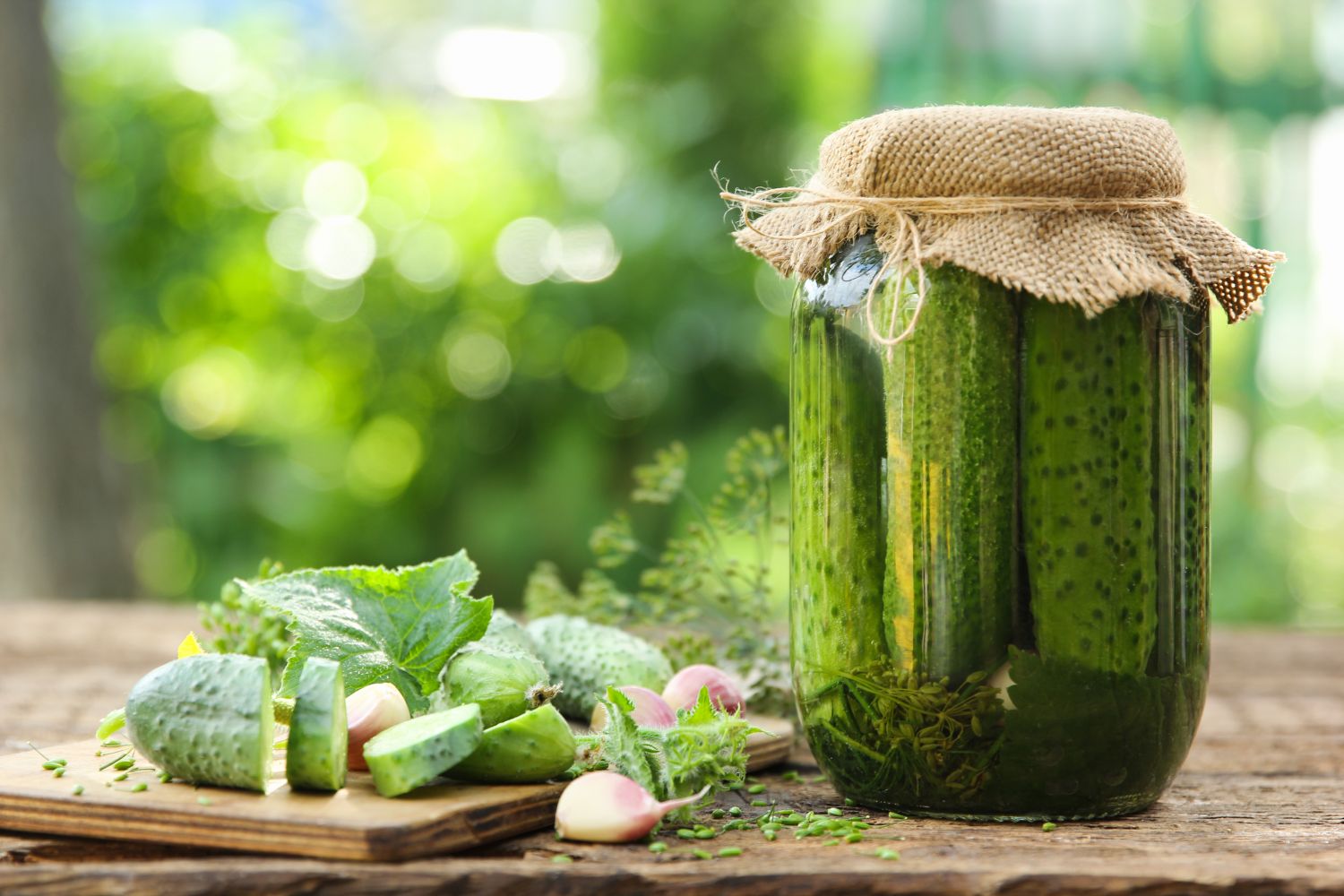
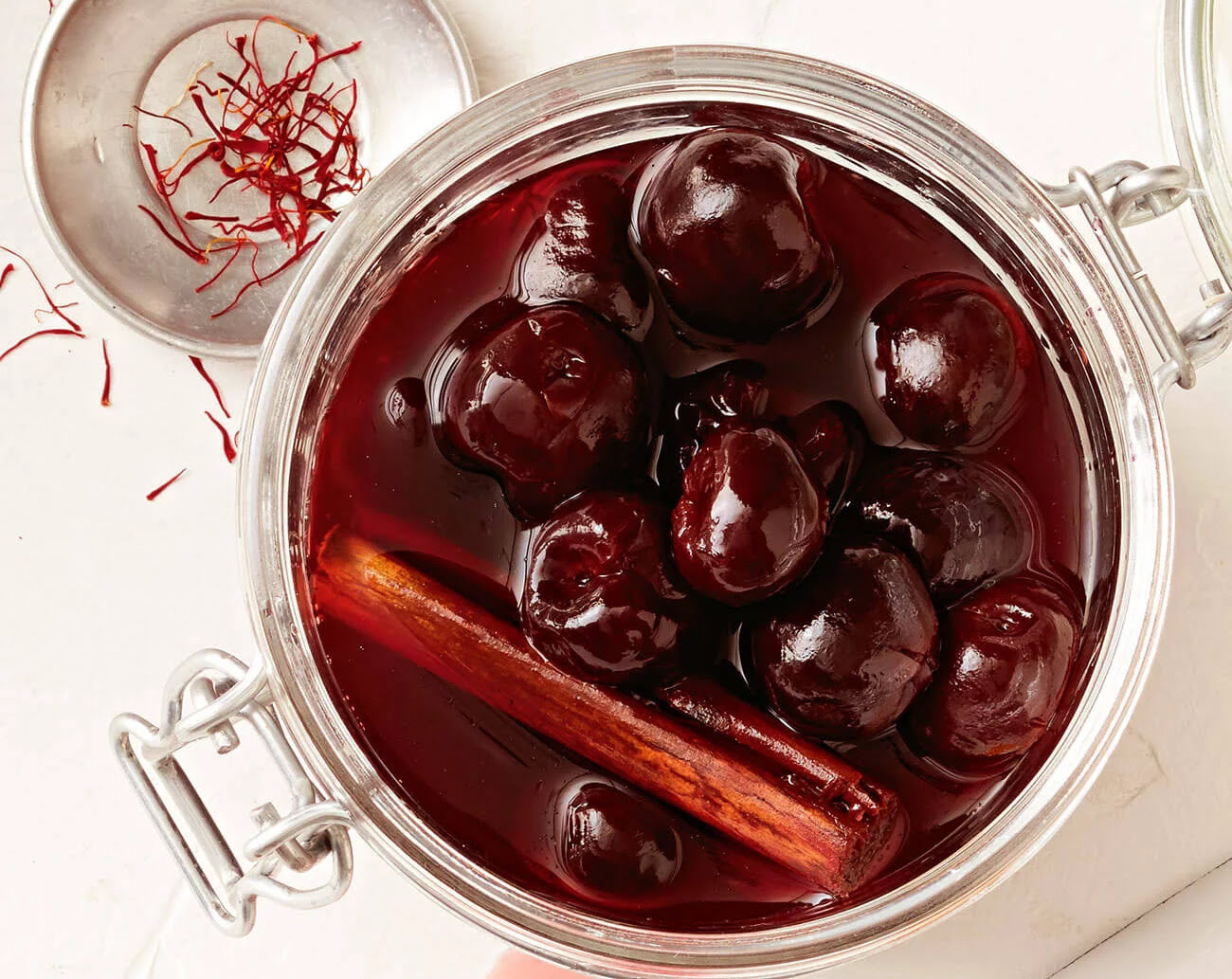
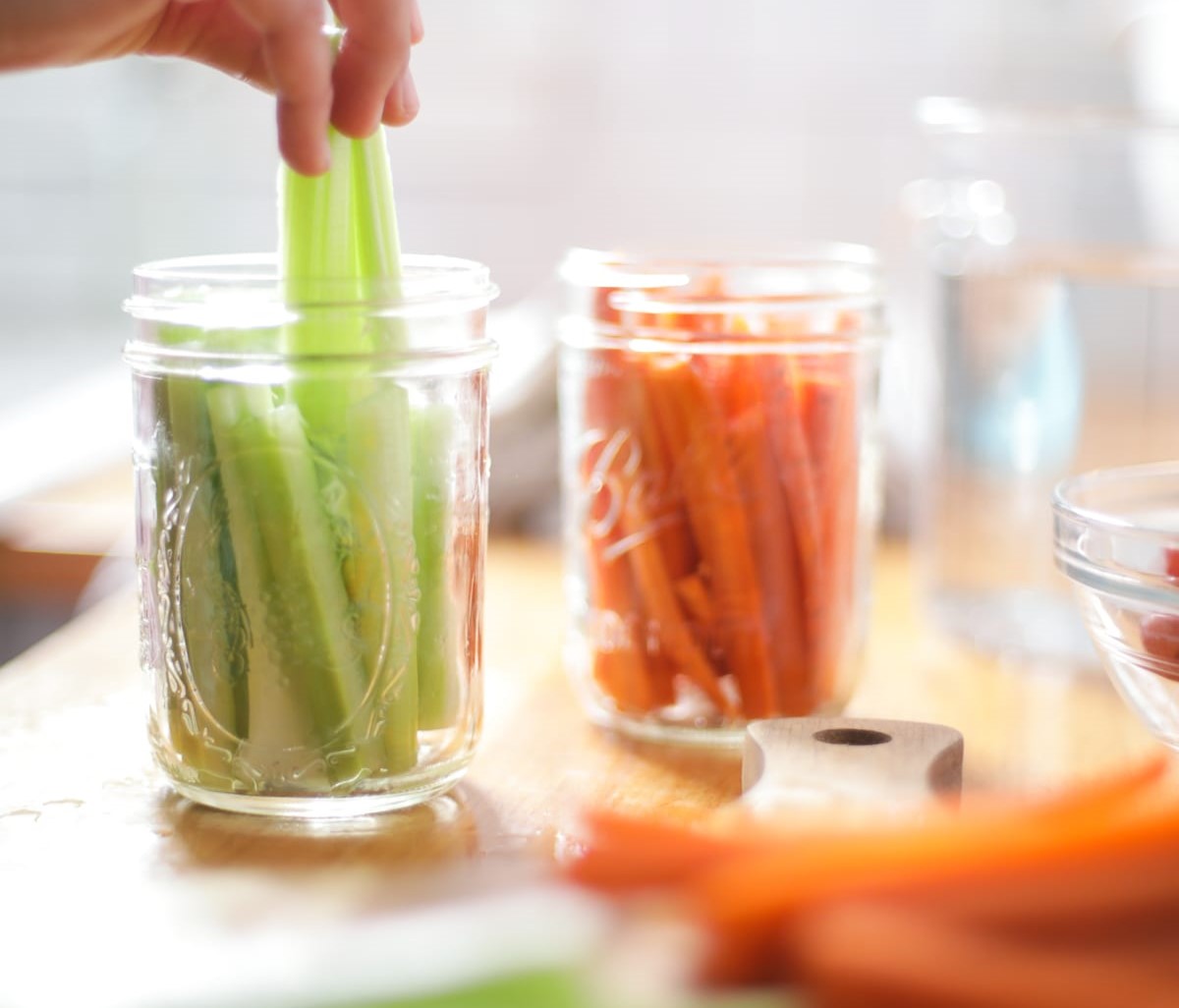
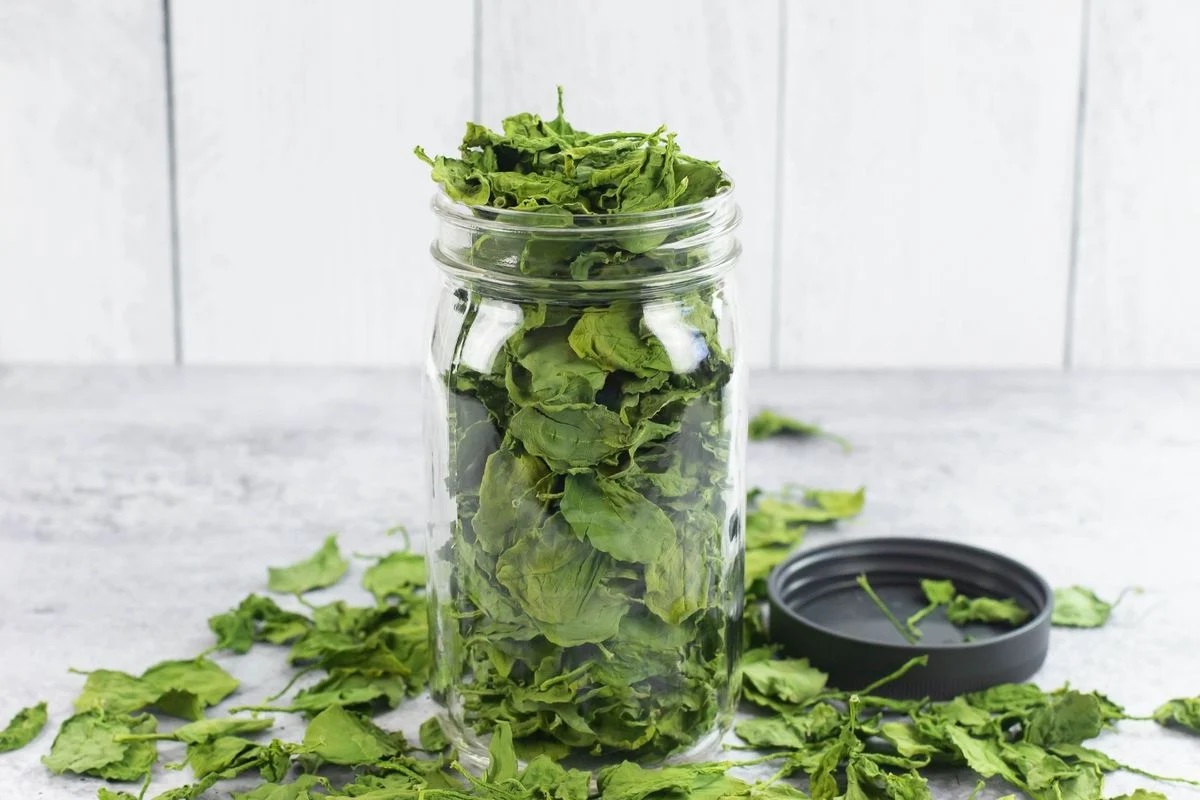
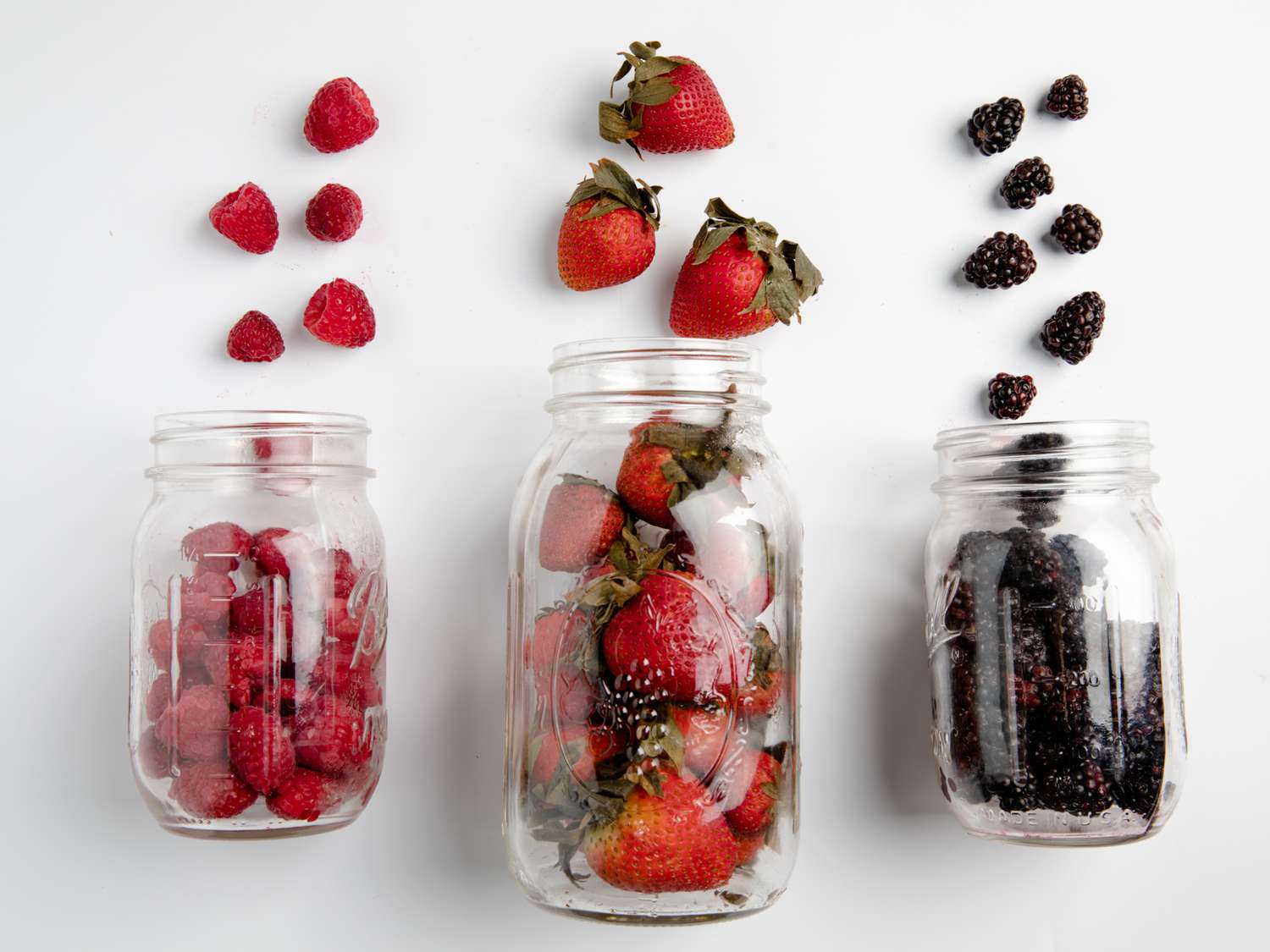
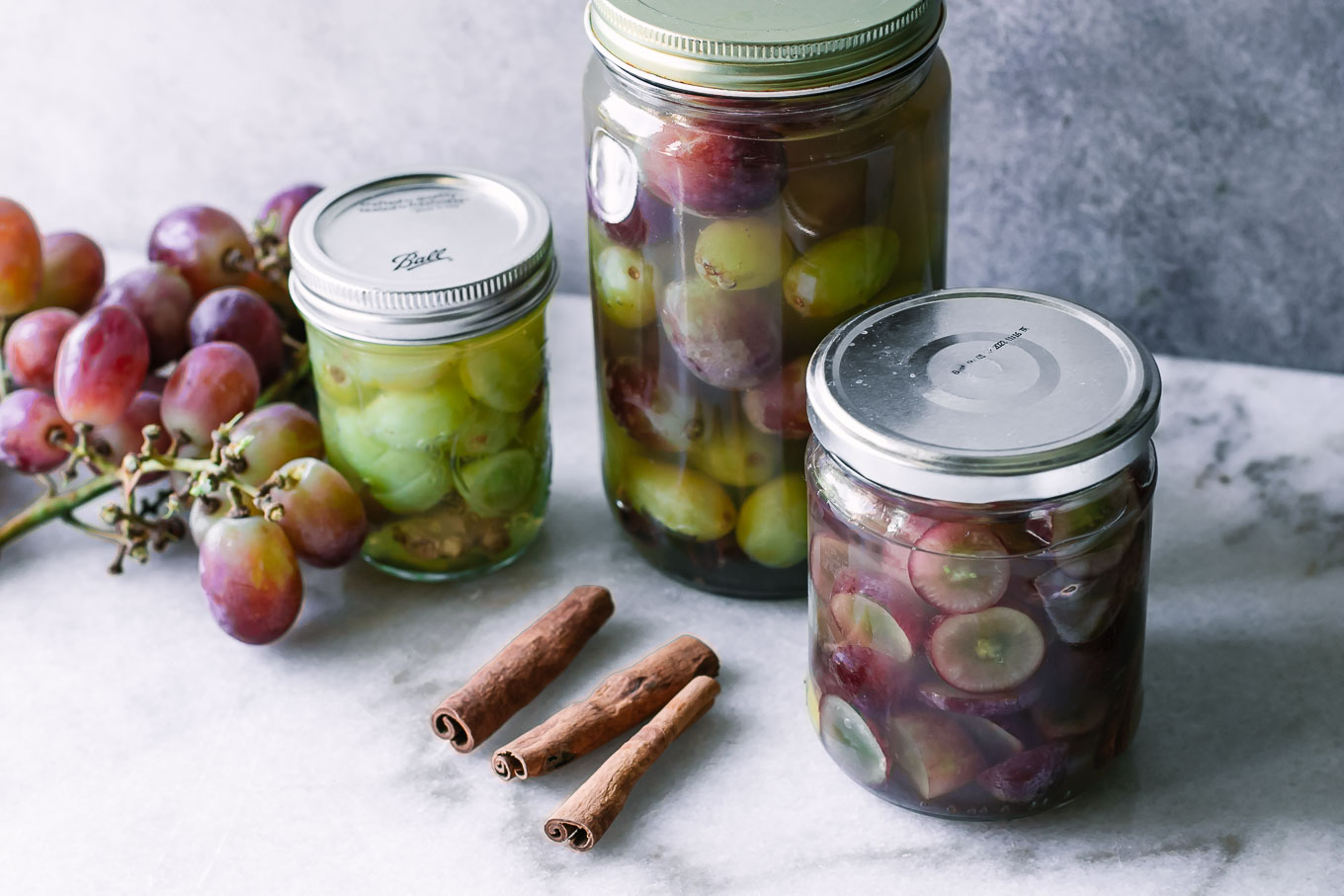
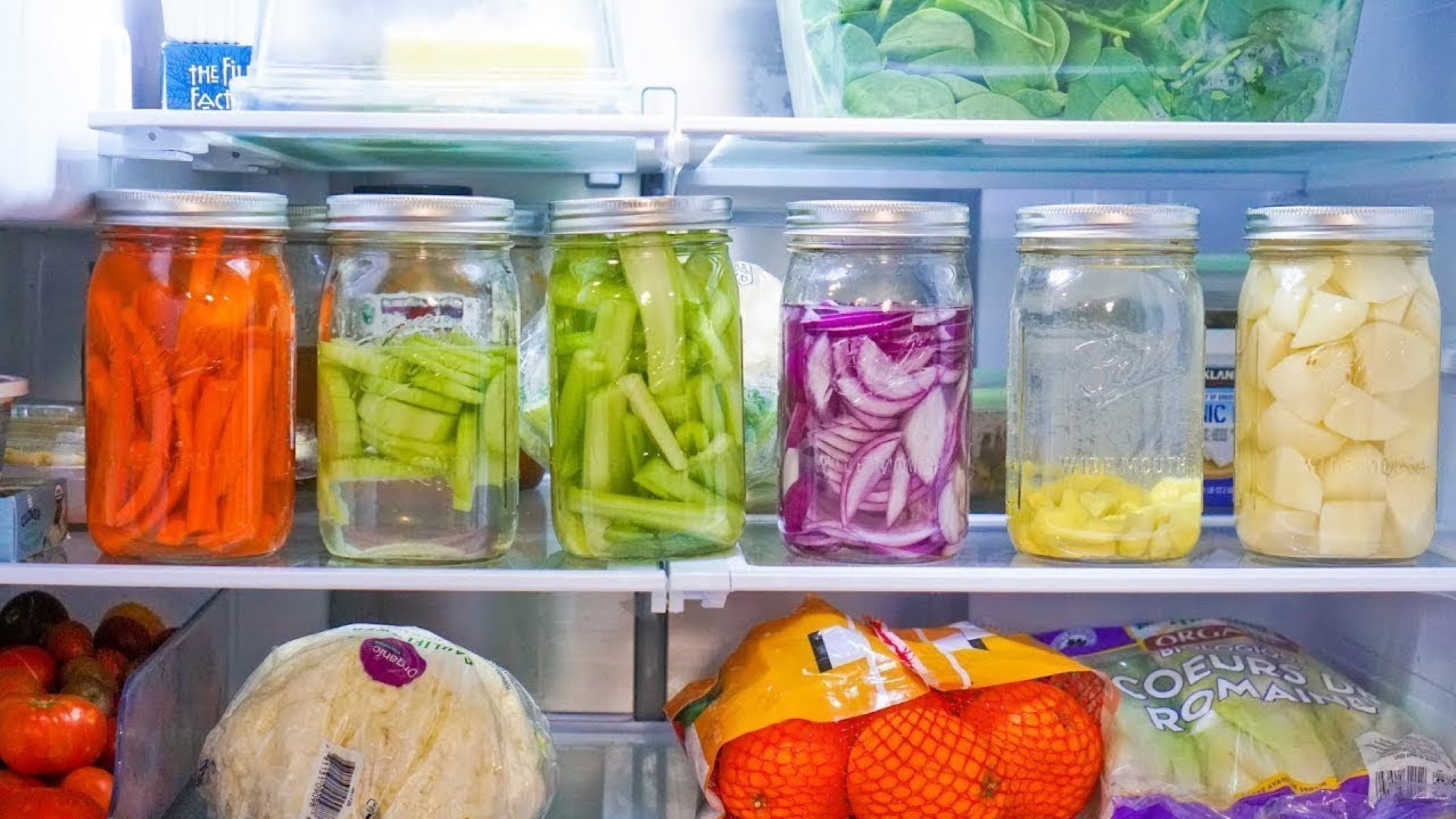
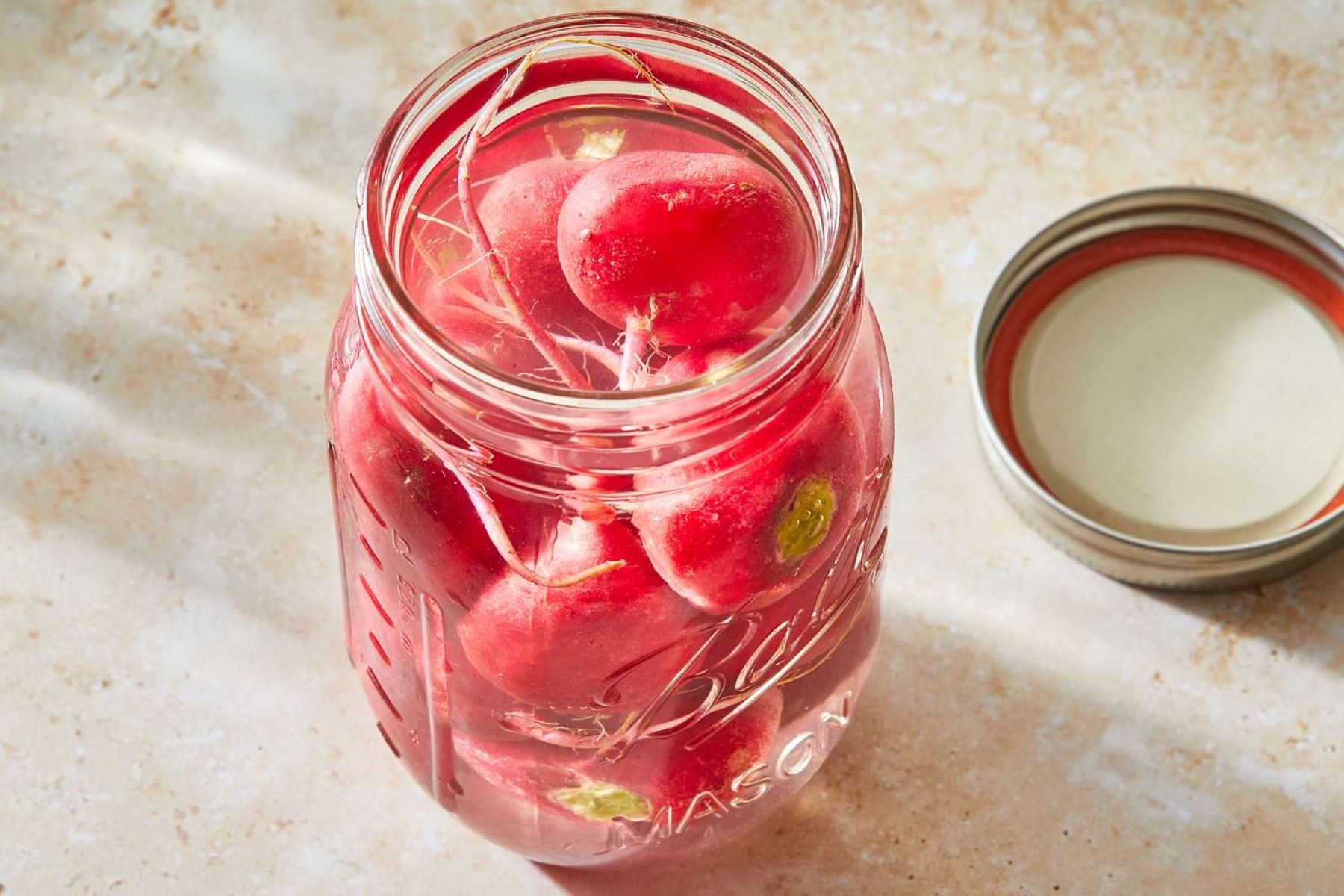
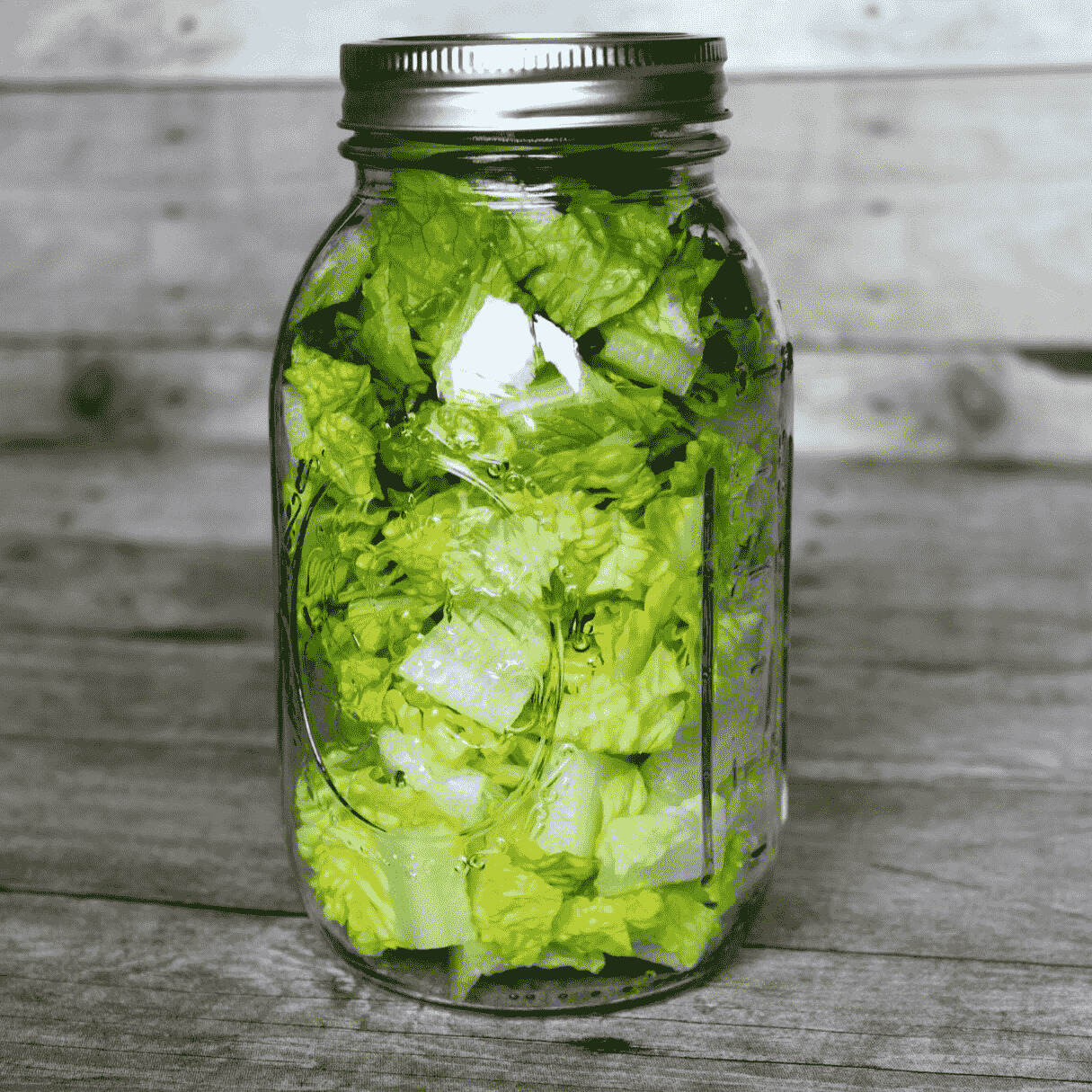
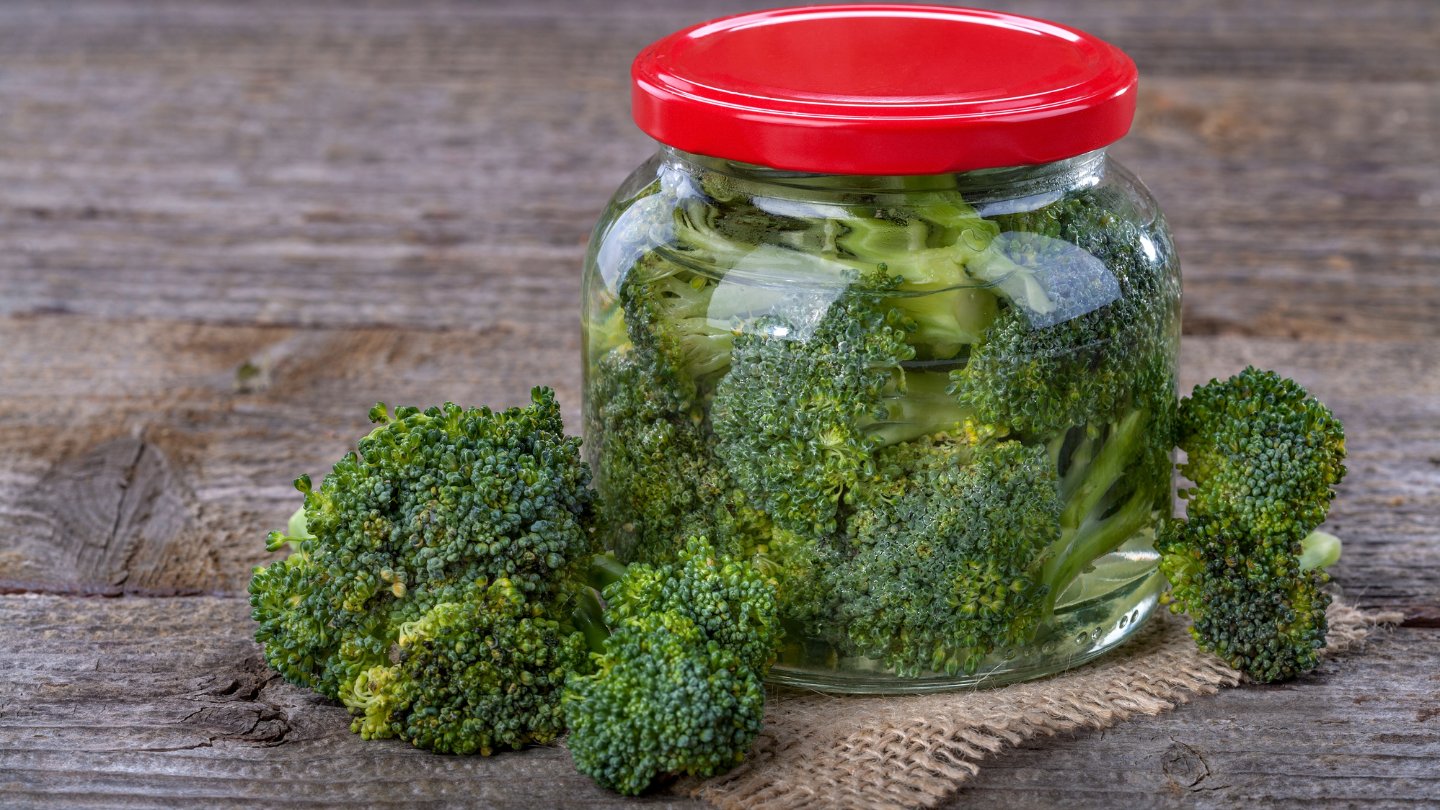
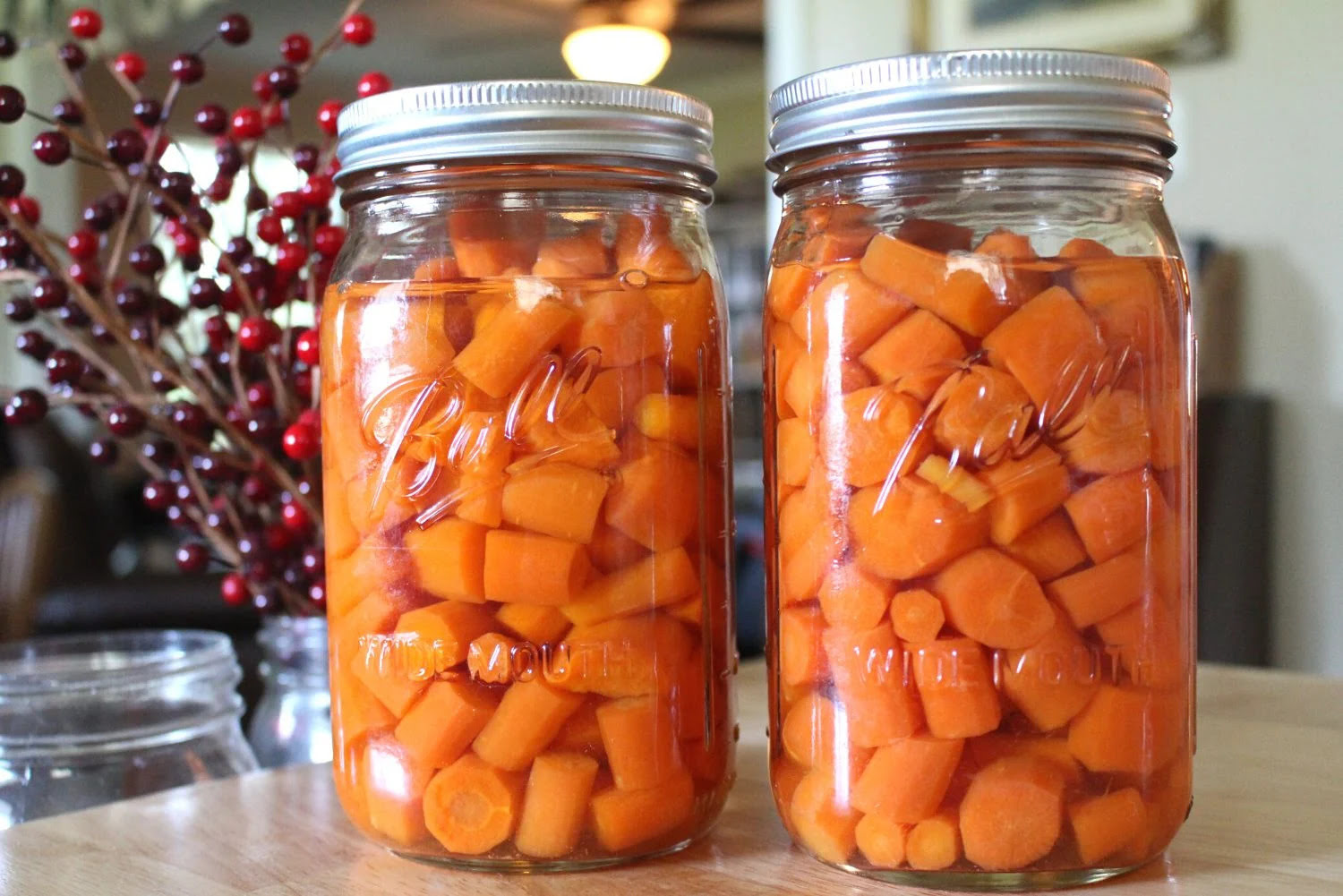
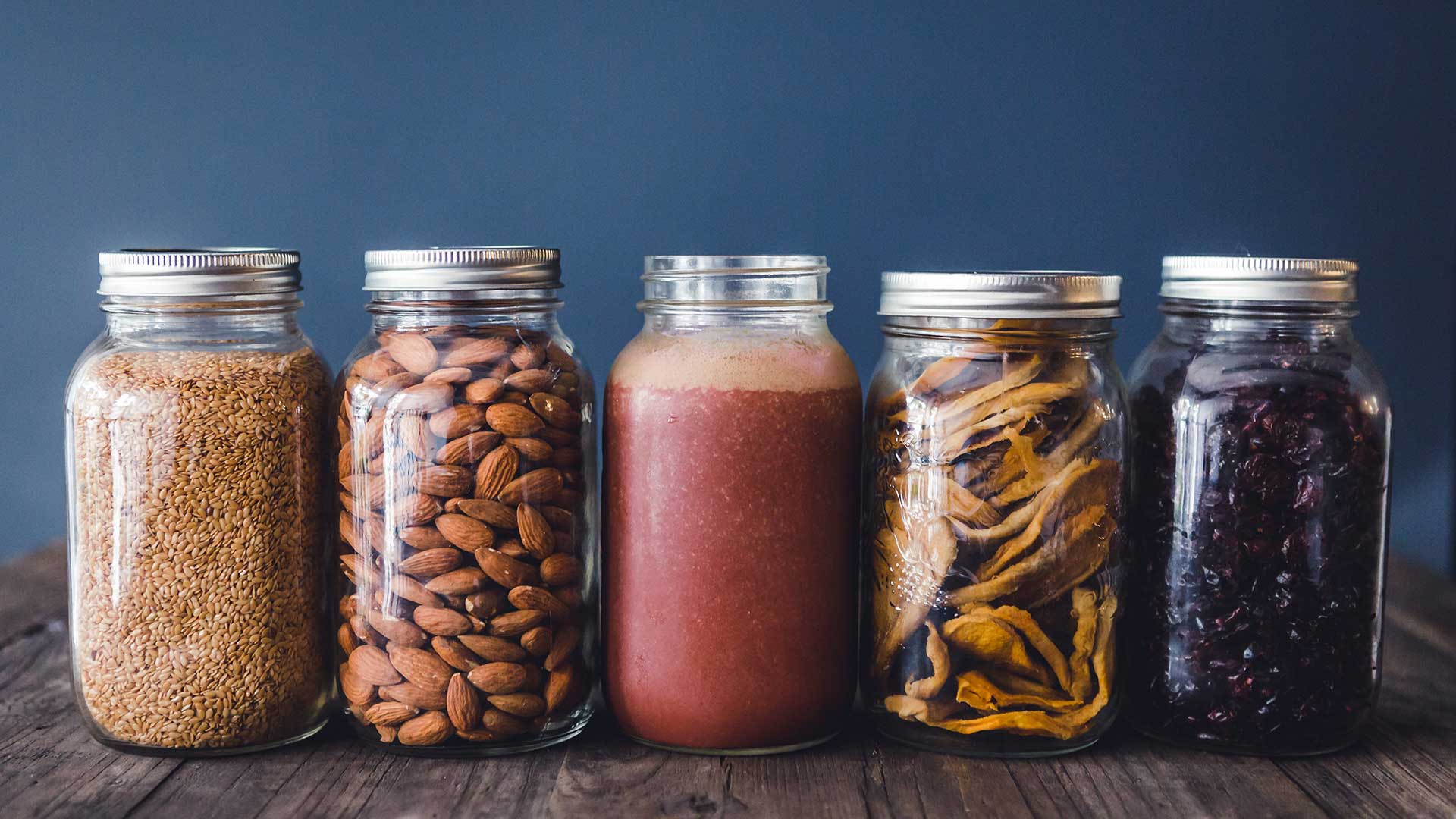
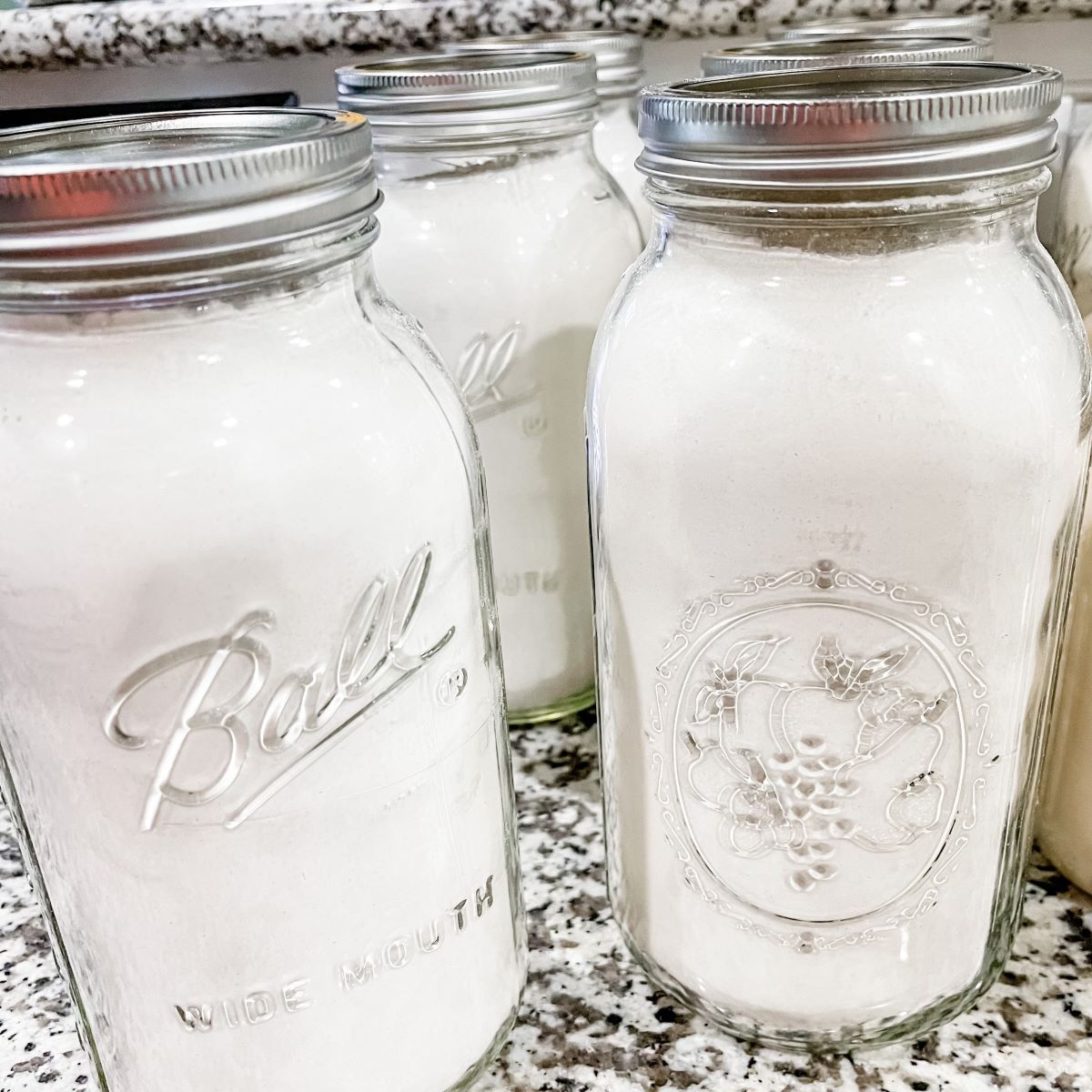

0 thoughts on “How To Store Fruits And Vegetables In Mason Jars”